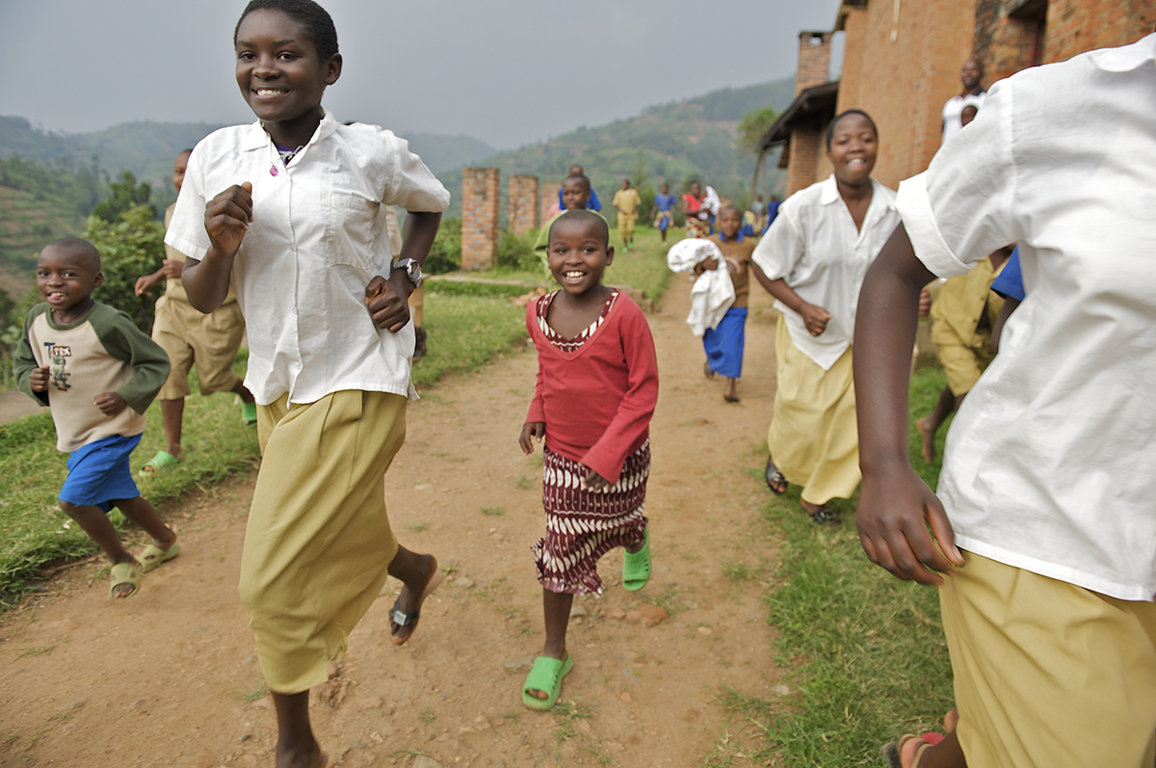
Role Reversal to address Domestic Abuse
by Yash Saboo February 20 2018, 2:53 pm Estimated Reading Time: 2 mins, 59 secsIn what countries are women and men on the most equal footing?
That's a question that the World Economic Forum considers in its annual Global Gender Gap Report. Countries are ranked for the degree of women's participation in the economy, their educational achievements, their health and their political involvement.
Iceland is number one, followed by Norway, Finland, Rwanda, and Sweden. Yes, Rwanda, this year as in past years, is the only African country in the top ten. The U.S., by contrast, comes in at number 49.
Why does Rwanda do so well in these rankings? And how does the issue of gender equality play out in daily life?
In 2013, it was the first country ever to have more women than men in parliament. According to the World Economic Forum, it now ranks fifth in efforts to reduce the gender gap — the only non-Scandinavian country on the shortlist.
But despite these efforts, gender-based violence in Rwanda remains a tragic reality: During the 1994 genocide, Rwandan women were subjected to sexual violence on a massive scale, perpetrated by members of the infamous Hutu militia groups known as the Interahamwe, by other civilians, and by soldiers of the Rwandan Armed Forces (Forces Armées Rwandaises, FAR), including the Presidential Guard. Administrative, military and political leaders at the national and local levels, as well as heads of militia, directed or encouraged both the killings and sexual violence to further their political goal: the destruction of the Tutsi as a group. They, therefore, bear responsibility for these abuses.

One in three women in the country has experienced domestic abuse, according to UN Women. Rwanda is still a patriarchal society and norms are strictly defined by gender, especially at home. Abuse can range from physical to psychological, sexual or economic.
An NGO has come up with the solution for this. They are doing this by putting at-risk men and women in each other’s’ shoes. The Rwanda Men’s Resource Center, a non-governmental organization affiliated with UN Women, works with couples to challenge prevailing notions of masculinity and foster dialogue.
Couples attended weekly gender training where they were encouraged to trade places, in order to understand one another better. Hundreds of couples across Rwanda were forced to question basic assumptions about men and women’s traditional roles in society: why is farming a woman’s job? Why shouldn’t a man do laundry or take care of the baby?
What they’ve learned is that in someone else’s shoes, even small steps can take you very far. This hints progress. Lets dig into some stats.
Rwanda is one of only five countries to have closed at least 80% of its gender gap. But that doesn’t mean it can rest on its laurels. For one thing, while 80% is quite an achievement, the real celebrations can start when the gap is completely closed with domestic abuse coming to a complete halt – something no country has yet achieved.
More importantly, though, the Global Gender Gap Report inevitably doesn't capture all the issues that really matter to people and influence their lives. In Rwanda, for example, Human Rights Watch has lamented the slow pace at which genocide-era rapists have been brought to justice. Violence against women is shockingly high. According to data released by the country’s Gender Desk, in 2011, 93% of victims of physical and psychological abuse were women.
Unfortunately, even in the most gender equal countries in the world, there’s still much progress to be made.




-173X130.jpg)




-173X130.jpg)
-173X130.jpg)
-173X130.jpg)